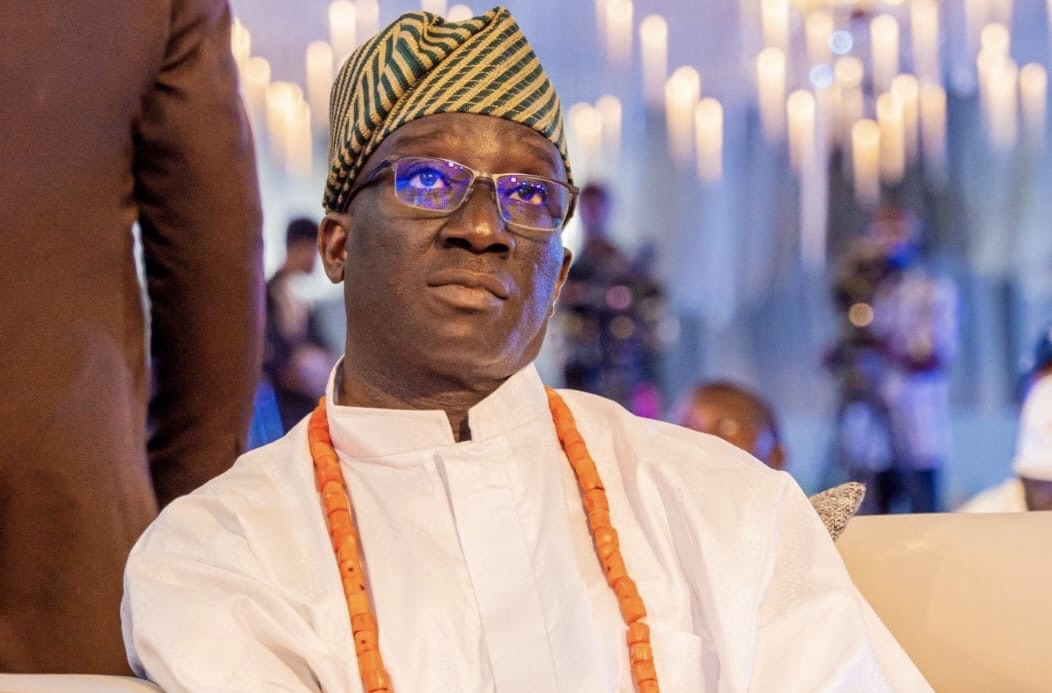
Abuja -A Medical Doctor, Mr Akeem Lawal, has appealed to the Federal Government to create a special fund for diagnosis, treatment and management of cancer.
He said the appeal had become necessary because cancer cases were on the increase in Nigeria.
Lawal, a physician at the National Hospital, Abuja, made the appeal in an interview with newsmen in Abuja.
He said that opportunities for diagnosis and subsequent management of the disease in Nigeria had improved over the years but that the cost of treatment had remained an impediment.
According to him, there are a lot of facilities to cater for the diagnosis and treatment of cancer.
“The fact that you hear about it more these days does not mean that the cases are on the rise, rather it is as a result of the increase in diagnostic facilities.
“Doctors are now able to diagnose cancer easily which includes leukemia.
“The issue with the treatment of leukemia and any other kind of cancer is that National Health Insurance Scheme (NHIS) does not cover the treatment of cancer and other deadly non-communicable diseases.
“NHIS covers the treatment of malaria, childbirth and minor health issues but it does not cover the treatment of major illnesses like cancer,” Lawal said.
He said that government had to be involved in the treatment of cancer, stressing that the drugs and facilities required for the management of chronic cases were quite expensive.
Lawal cited cultural, social and even religious beliefs as the other causative factors responsible for the high cancer mortality in Nigeria.
He advised Nigerians to avail themselves of the opportunity provided by government for free cancer screening to enable them avoid deaths when detected.
He dismissed the notion that cancer was a death sentence, noting that patients could survive the disease if detected early enough.
In the same vein, a Specialist in Cancer Drug Administration, Mr Osaretin Asowata, decried the high cost of cancer treatment in Nigeria, calling for support for patients.
He said the main type of treatment for leukemia in Nigeria at the moment was chemotherapy, saying that it was beyond the reach of many individuals.
Asowata told newsmen that the treatment option was beyond the reach of many patients, who often resorted to support from members of the public.
He said that in developed societies, patients with leukemia combined chemotherapy with other options that were only available in advanced health facilities.
“This may be used alone or in combination with bone marrow transplants, radiation therapy, interferon therapy (immunotherapy), surgery-splenectomy (removal of the spleen).
“The treatment plan chosen is based on the type of leukemia, the patient’s age, white blood cell count, genetics of the cancer and whether or not there was a pre-leukemic condition or a previously treated cancer.”
According to him, leukemia is cancer of the white blood cells; it develops in the bone marrow and spreads into the blood and to other organs.
“So a transplant is sometimes a viable option.’’
He advised patients to always insist on knowing the kind of leukemia they were suffering from as it would help in determining the appropriate therapy.
“In acute leukemia, bone marrow cells are immature and are unable to function normally.
“The number of abnormal cells increases rapidly, in chronic leukemia, cells are more mature and can carry out some of their normal functions and the number of abnormal cells increases more slowly.
“The most common types of leukemia are acute lymphocytic leukemia, acute myeloid leukemia, chronic lymphocytic leukemia and chronic myeloid leukemia,” Asowata said.
He said that leukemia was the most common cancer in children and that acute lymphocytic leukemia was the most common type of leukemia.
However, in adults, acute myeloid leukemia was the most common occurring type, followed by chronic lymphocytic leukemia, he said.
He said that some of the warning signs of leukemia include fever, chills and other flu-like symptoms weakness and fatigue, frequent infections, loss of appetite, weight loss and swollen or tender lymph nodes.
He identified other symptoms as liver or spleen, easy bleeding or bruising, tiny red spots under the skin, swollen or bleeding gums, sweating, especially at night bone or joint pain anemia.

